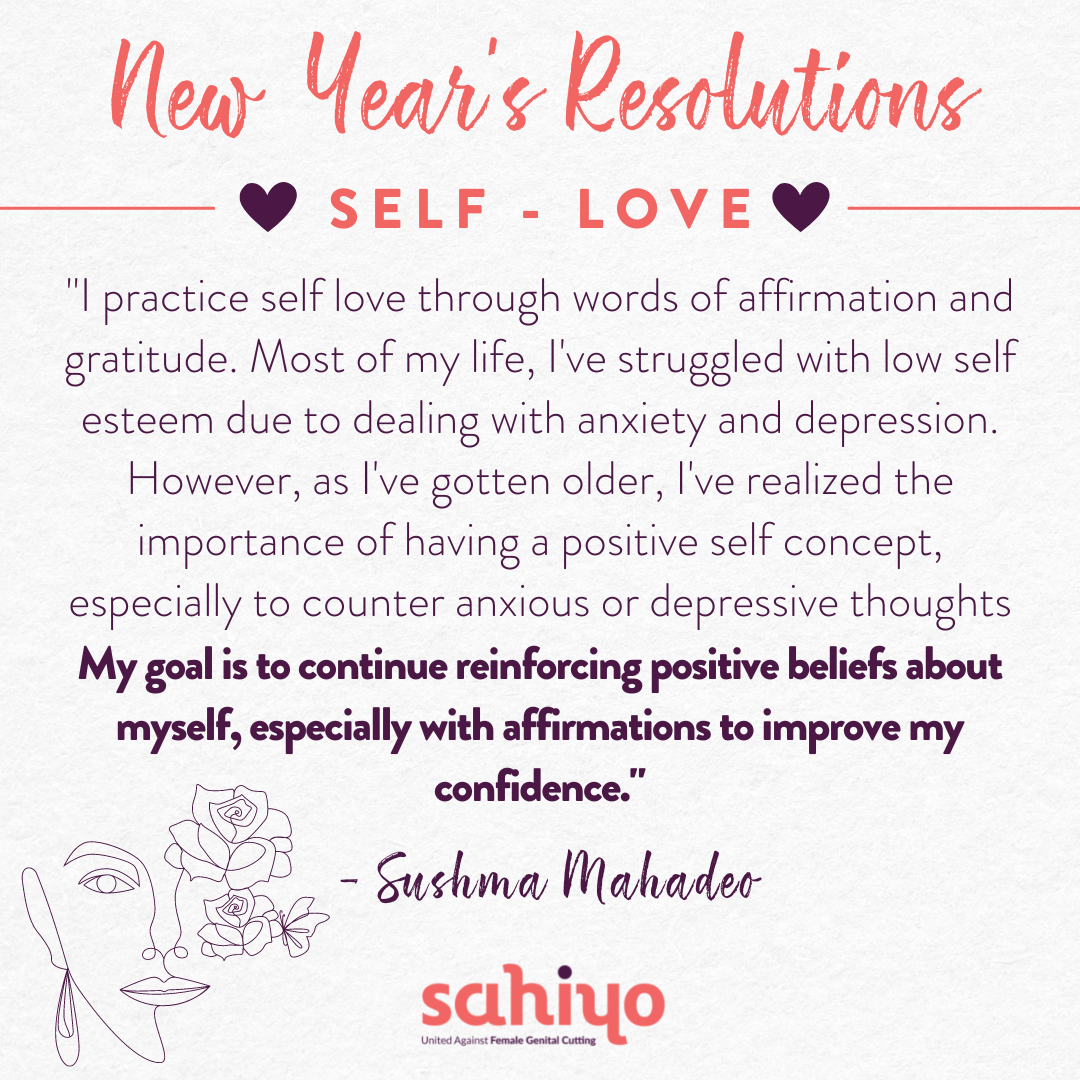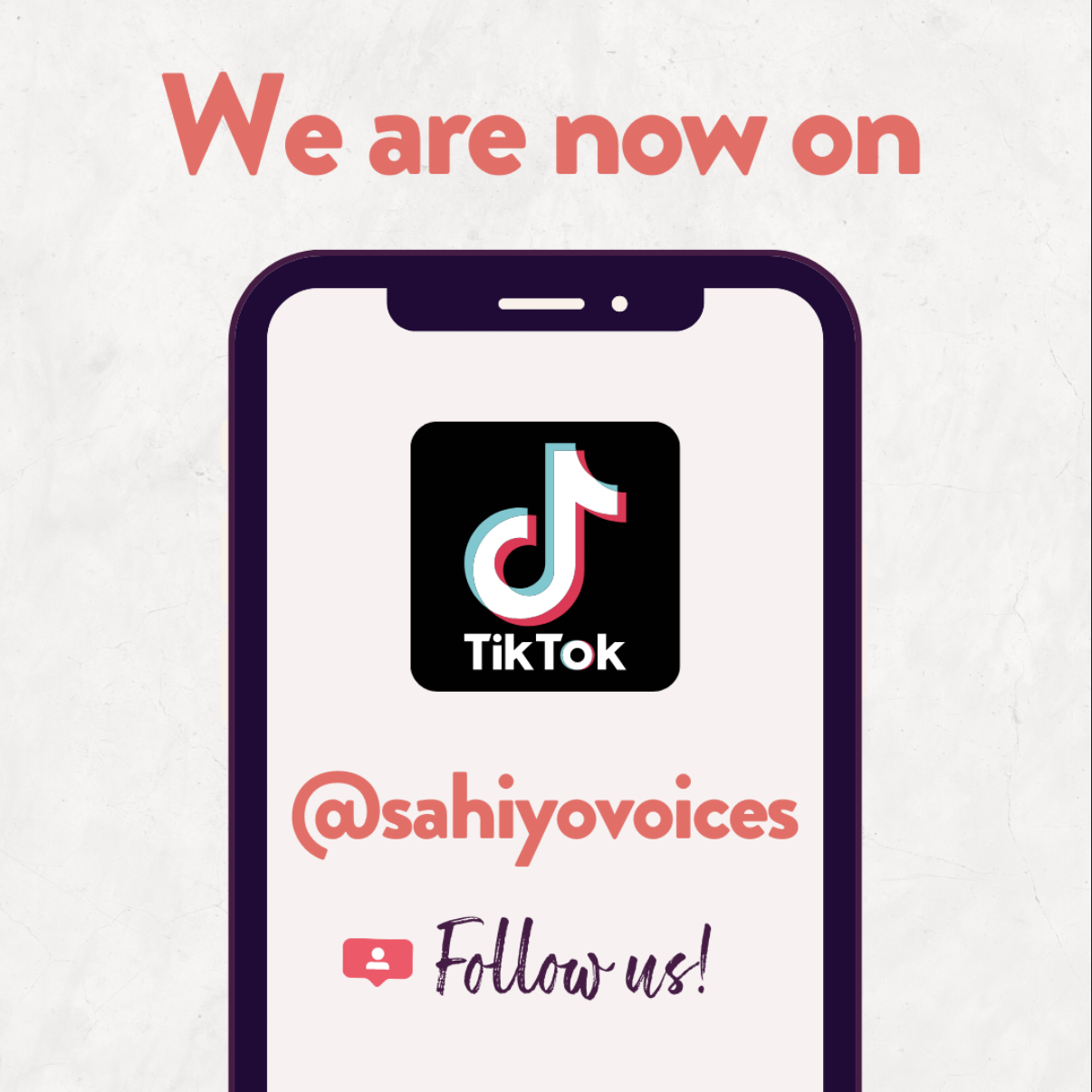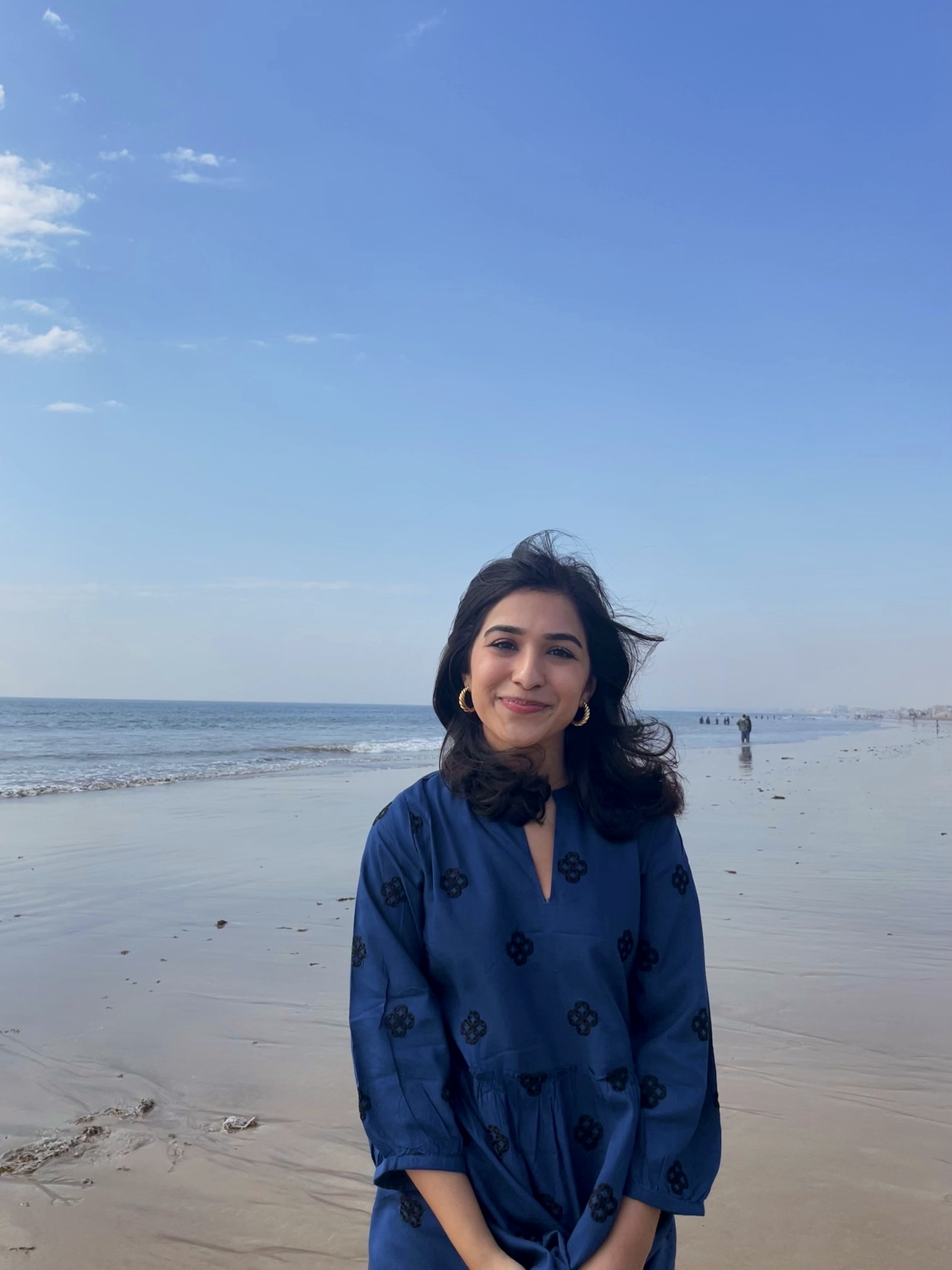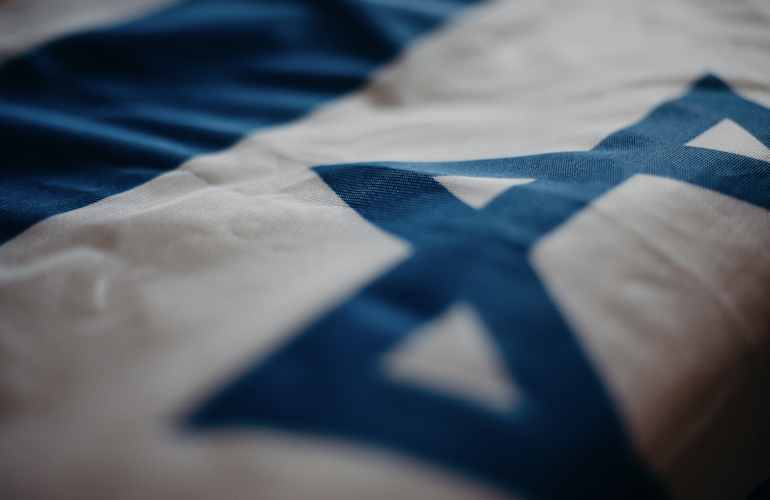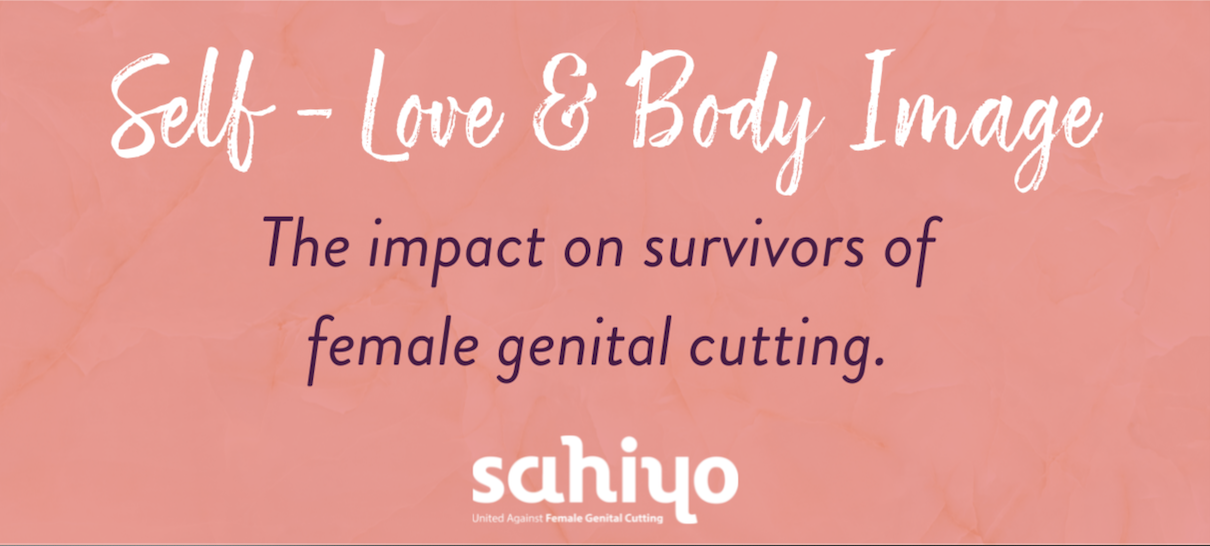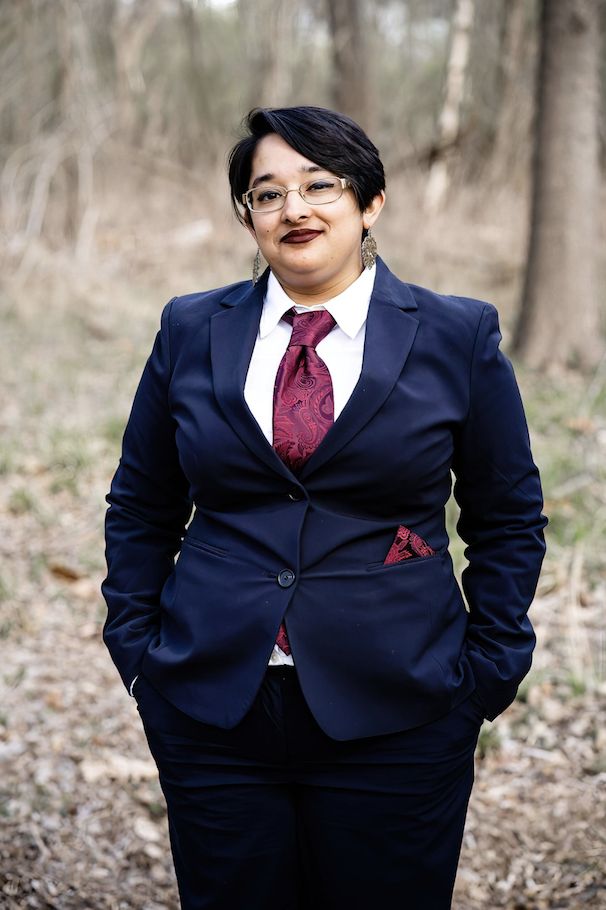By Sushma Mahadeo
What does self-love mean to you?
To me, self-love is about loving yourself unconditionally. It means being proud of yourself on your good and bad days. It's about being able to look in the mirror and fully accept and like who you are, even if you have insecurities. It's knowing that you are important just by being on this earth, and worthy of respect. If you love yourself, you don't tolerate disrespect from others.
How do you practice self-love?
I practice self love through words of affirmation and gratitude. Most of my life, I've struggled with low self esteem due to anxiety and depression. However, as I've gotten older, I've realized the importance of having a positive self concept, especially to counter anxious or depressive thoughts. I used to think people were lying if they complimented me, especially if they called me beautiful, because I didn't see it in myself. However, I've realized I can retrain my brain to see myself in a better light by making a habit of reinforcing positive beliefs through words of affirmations. I also practice gratitude, and it helps remind me of how abundant my life already is. Gratitude helps put things into perspective sometimes when I'm feeling down about myself. Additionally, I do simple acts of self-care, such as taking time to exfoliate or use a new face mask. Little acts of self-care help me feel more special about myself.
How do you encourage yourself and your peers to practice self-care and self-love?
I constantly send my friends positive text messages with words of affirmation or reminders of how amazing they are and how much I appreciate and love them. I always tell my friends to be kind to themselves and take care of themselves because they matter, more than whatever is stressing them out. I follow my own advice as well, and reinforce the same affirmations to myself.
From your perspective, what is the connection between body image and self-love? (how are they related?)
From my experience, I've disliked myself more when I had a terrible body image; I didn't feel confident, or worthy of happiness. I think society keeps trying to impose certain beauty standards and the idea that once we look a certain way, then we can be happy, and only then are we worthy of love and good things. However, those ideas and standards are so harmful, and make so many individuals unhappy. Self-love is about realizing that beauty is unique and that we can appreciate how other people look while also appreciating what we see in the mirror. It's also about realizing that we are deserving of the best things in life regardless of how we look.
What is one thing you did for yourself today?
I stretched and exercised my body. Not only did the exercise help me feel good, but I gained a better appreciation for my body.
When do you think it is most important to practice self-love?
I think it's most important to practice self-love when you're not feeling great about yourself. But it's also important to practice it when you have good days because you deserve to enjoy yourself everyday.
Do you have any New Year’s resolutions on how to love yourself better this month and the rest of the year?
My goal is to continue reinforcing positive beliefs about myself, especially with affirmations to improve my confidence. Below is a picture of a gratitude journal because I am trying to use one to improve my self-love.


